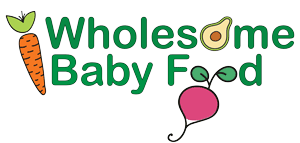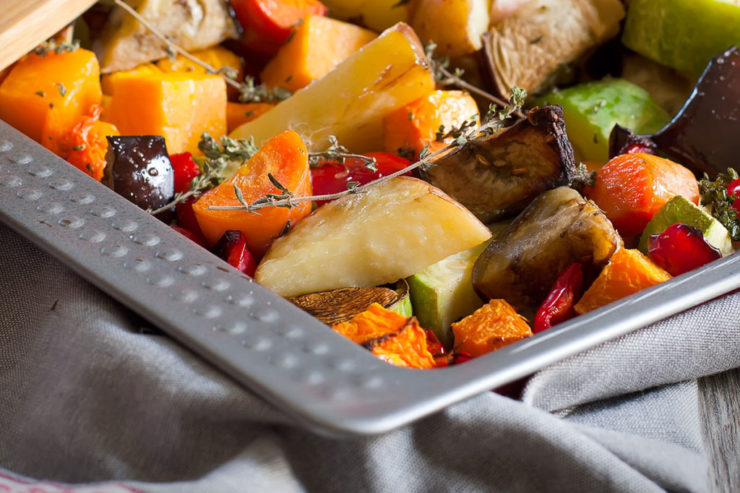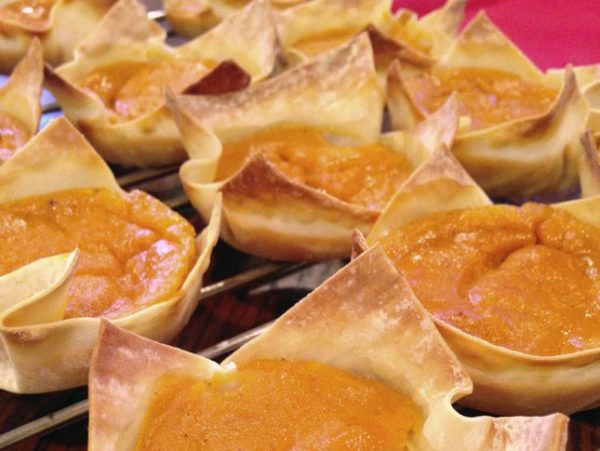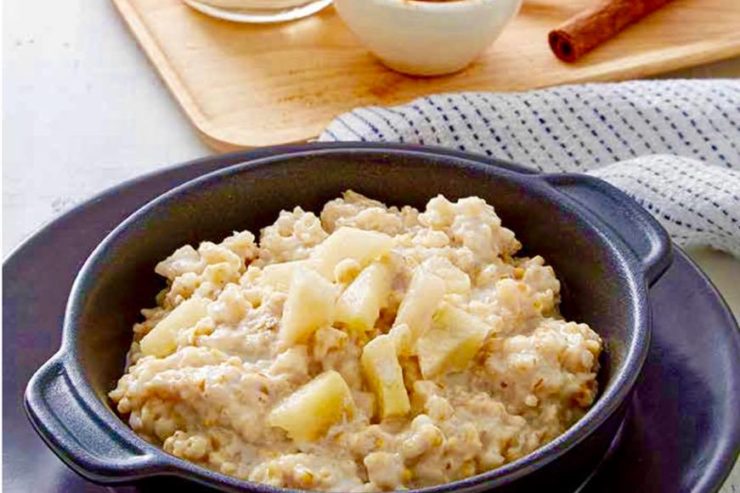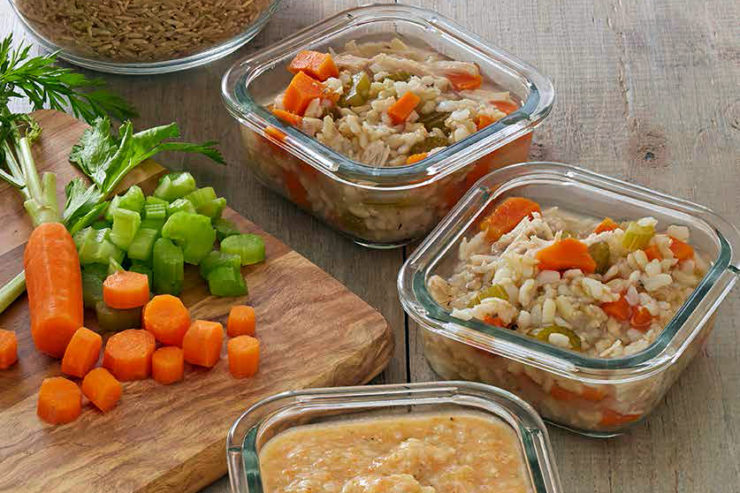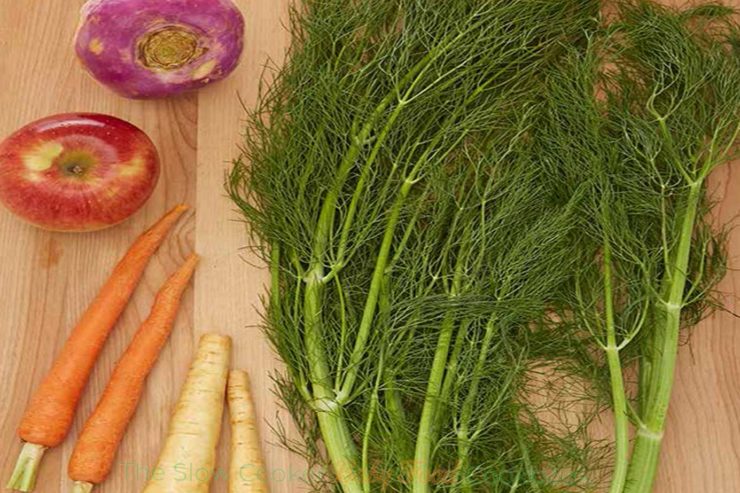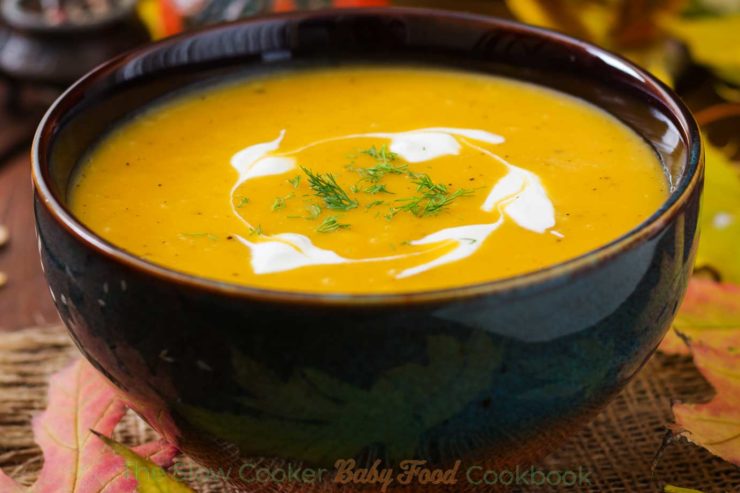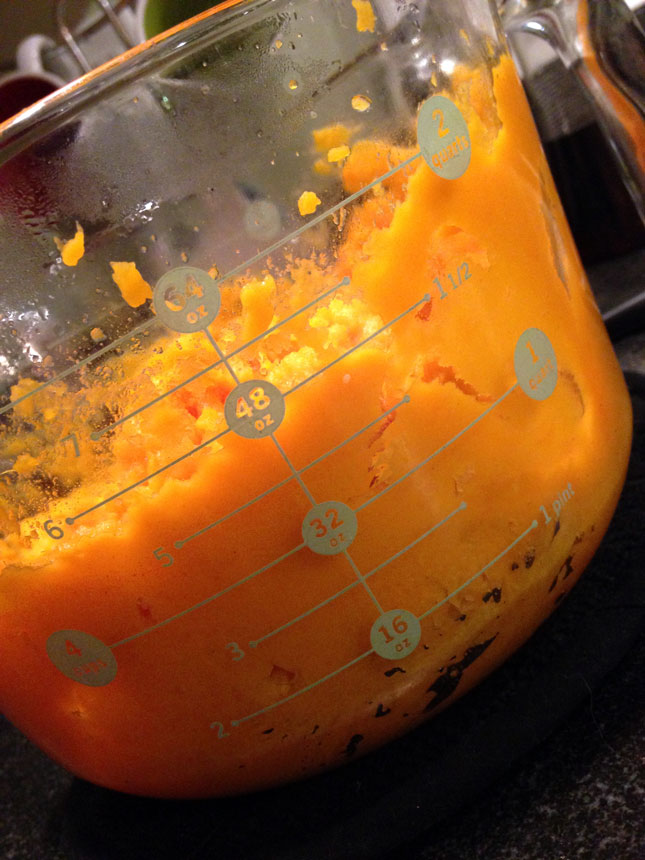 Around 6 months of age your baby will be ready to begin exploring the wonderful world of solid foods.
Around 6 months of age your baby will be ready to begin exploring the wonderful world of solid foods.
Starting baby on solid foods is often fraught with a bit of anxiety and one of the most important things I like to tell parents is this: in other countries, solid foods are called “Complementary Foods”. The term complementary is used to help remind us that solids are complementing, not replacing baby’s main and most important source of nutrition, breast milk and/or formula.
When you are just starting to introduce solid foods to your baby, keep these things in mind about why some foods are better to begin with than others:
- First foods for baby should be easy for baby’s tummy to digest.
- First foods for baby should be loaded with essential nutrients and
- First foods should have a thin texture and yummy taste.
These foods listed below meet all of the mentioned requirements and as a bonus,they are also easy and very economical, to prepare at home!
Sweet Potato
These abundant vegetables are easy to steam or bake and sweet potatoes puree into a wonderfully smooth texture, perfect for a first food experience. Sweet potatoes also have a very pleasing taste. Sweet potatoes also contain lots of Vitamin A, Vitamin C, Folate and even Calcium. The sweet potato is also known as a yam. True yams however are tubers, common in the Caribbean and Africa and can grow to be incredibly large, about 75 pounds!
Butternut or Acorn Squash
A winter vegetable, the butternut and the acorn squash is another veggie that is easy to cook and puree into a lovely tasting, smooth meal for your beginner eater. Butternut/Acorn Squash may be steamed or roasted and baked and is loaded with Vitamins A and C as well as Folate, Calcium and Protein too.
Avocado
This little fruit (and avocados are fruits) has a very high fat content but it is high in the good kind of fat, unsaturated fat! Babies need fats for proper growth and brain development too. Avocados provide nearly 20 essential nutrients, including fiber, potassium, Vitamin A & C, Vitamin E, B-vitamins and Folic acid. Avocados help the body to absorb more fat-soluble nutrients, such as alpha and beta-carotene and lutein, in foods that are eaten with the fruit.
Banana
As a first food for your baby, bananas are creamy and naturally sweet and as a bonus they take about 15 seconds to peel and mash into easy no-cook baby food. Bananas are said to contain “mucosal” properties meaning they help produce a mucus-y lining in the intestines and provide a barrier to bothersome stomach acids. Rich in Vitamin A and Vitamin C, bananas are also loaded with Calcium and Potassium, Magnesium and Phosphorous.
![]() Avocados and bananas have been associated with Latex allergies and sensitivities so ask your pediatrician about introducing avocados and/or bananas to your baby if there is a history of Latex issues.
Avocados and bananas have been associated with Latex allergies and sensitivities so ask your pediatrician about introducing avocados and/or bananas to your baby if there is a history of Latex issues.
